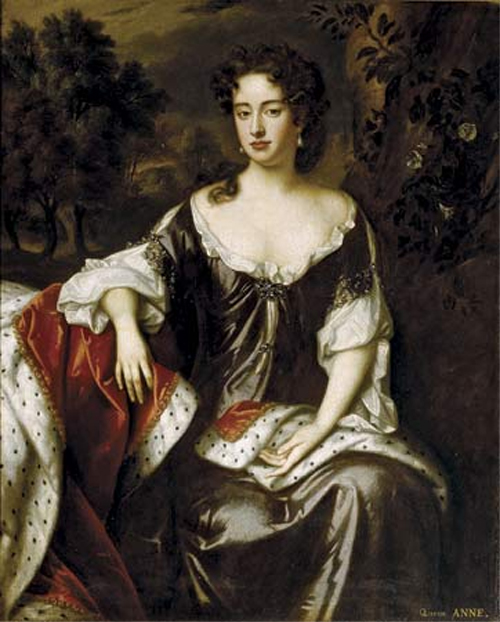Limited Monarchy in Great Britain in the Eighteenth Century
Classic Pamphlet

'The Glorious Revolution'
There was hardly anything in Great Britain which political thinkers on the continent of Europe in the eighteenth century admired more than its limited monarchy. But what were the limitations? Were they deliberate or not? Were they effected by acts of parliament or by the silent encroachments of usage? Did they increase continually throughout the century or were they achieved in a few revolutionary decades? These are the questions that are answered in this pamphlet.
"Tories as well as whigs made the Revolution of 1688. Indeed had the whigs tried to make it by themselves, they would have probably failed, since the tories appear to have had a normal majority of the nation and of its political class in that age - at any rate down to 1720. But, through the Revolution was the work of both parties, the whigs contrived to monopolize the credit for it. This was natural, since revolution of any kind was easier to justify on their principles than on those by the tories.
The watchword of the tories was Church and King. They insisted upon the sacramental character of hereditary monarchy, in order to protect themselves against a recurrence of political and social disorder, of rule by the army, the saints, or even the levellers..."
This resource is FREE for Student HA Members.
Non HA Members can get instant access for £3.49

